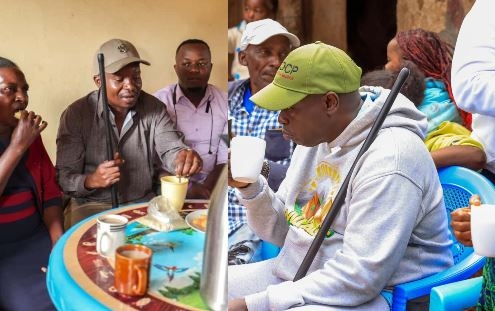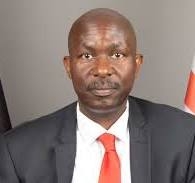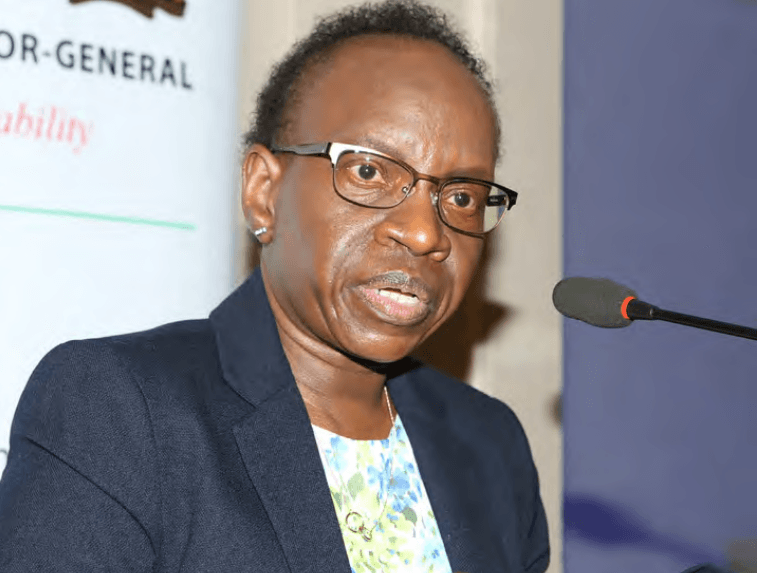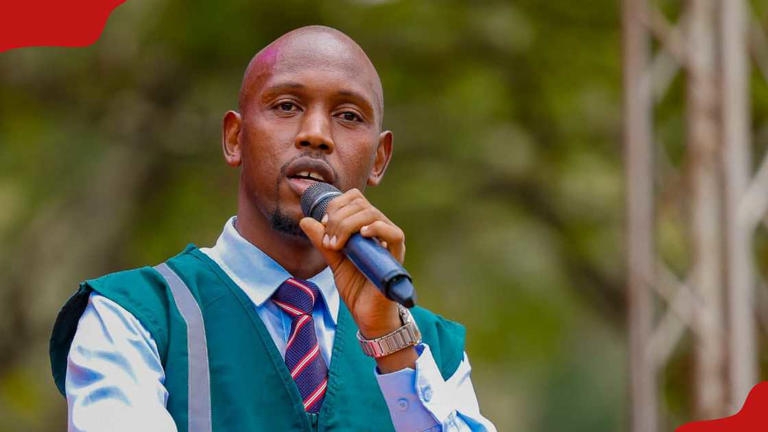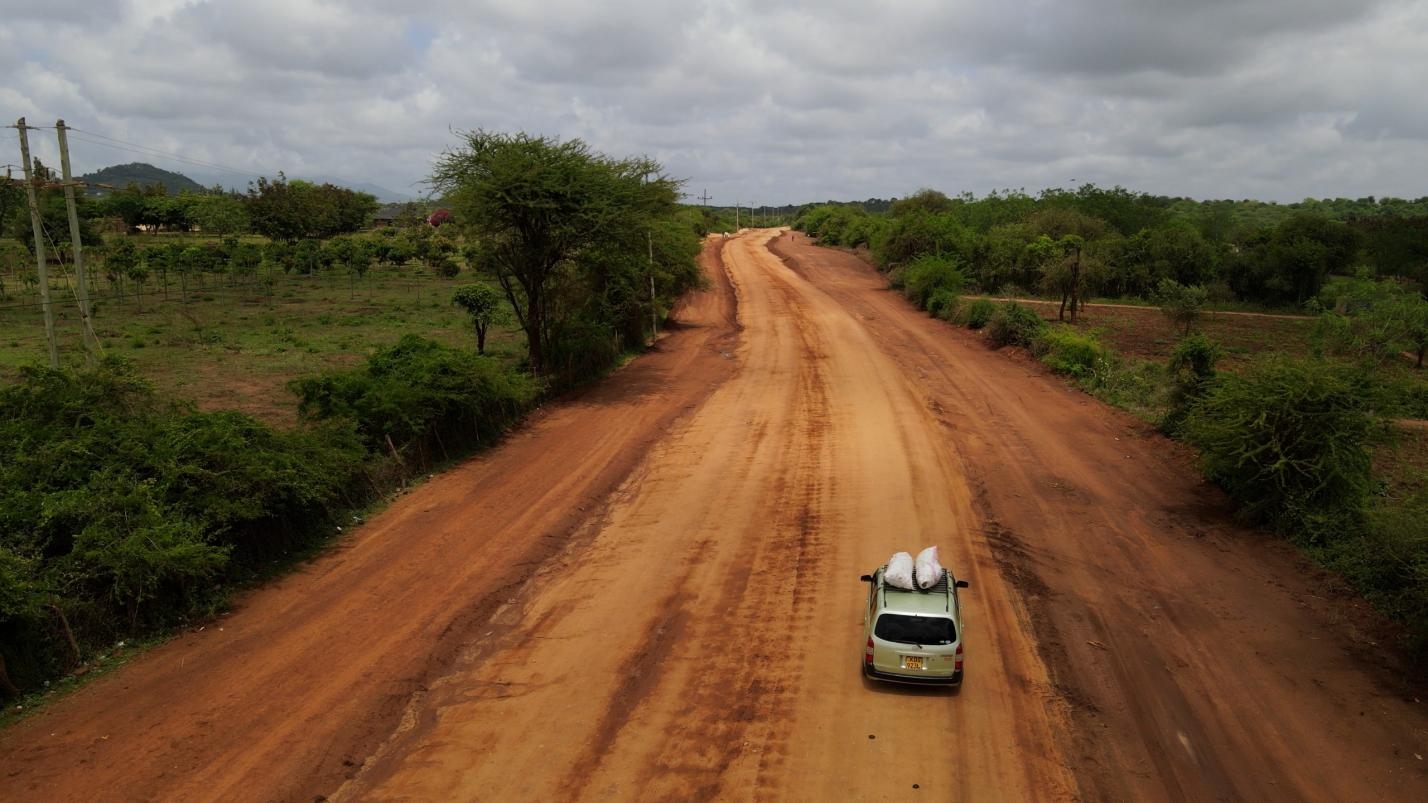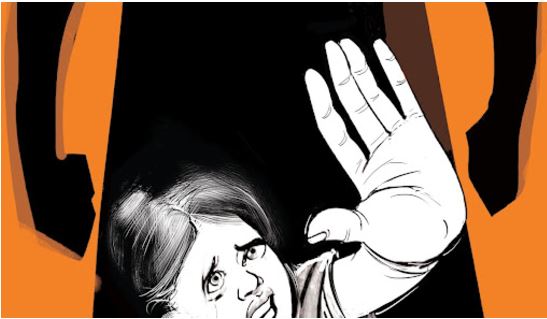
Picture this, you are a victim of sexual violence. You have taken the necessary steps in the pursuit of justice, and have made it to the Court of Appeal, simply because you were dissatisfied with the outcome of the High Court.
During the virtual hearing, the court proceedings are interrupted by explicit content playing on the screen.
Stunned by the current display on the screen, you begin to question whether you are in a dream, or this is reality.
Before you can pinch yourself to confirm that you are not dreaming, you are abruptly logged out of the court session.
What just happened? You log back into the session, hoping that what happened will not happen again.
Unfortunately, as people are trying to log back into court, the session is hacked again. You are once again treated to very graphic scenes that are best left unspoken of.
Everyone, including the judges, is utterly flabbergasted by what has just happened. The hacker continues to post nasty messages on the chat, completely disrupting the hearing.
The session is ended, and a private link is shared with only the advocates participating and the judges.
Such an incident has never been reported since the adoption of virtual courts after the Covid-19 pandemic.
What are the odds that this would happen at the court ranked second to the highest, during a sexual violence case hearing? I feel for the judges, advocates and court users who were subjected to this violation.
My heart aches more for the victims who had been courageous enough to participate in the legal process and were present in court during this event.
For them, it was not just a legal case—it was a chance to seek justice and validation for the violence they endured. Yet, in that moment, they were subjected to another violation.
The fact that this incident occurred in a court of law underscores the grim reality that survivors of sexual violence are not safe, even in the very institutions designed to offer them justice.
This incident forces us to ask a difficult question: Where are survivors of sexual violence safe? They are trapped in a cycle of violation, neglect, and institutional failure.
Their struggles are compounded by systemic failures and a culture of silence.
The survivors, numbering in the thousands, are still seeking justice, support, and recognition.
The survivors of sexual violence during the 2007-2008 post-election violence are a forgotten community—a community of countless individuals whose suffering remains largely unaddressed.
The Truth, Justice and Reconciliation Commission Report and the Waki Commission Report acknowledge that the numbers documented in the reports were just a small fraction of the actual scale of the violence experienced.
The Kenyan state must urgently recognize its responsibility to these survivors. The path to justice is long, and the road to healing is harder still.
However, for the state to fulfil its constitutional obligations, it must offer more than just monetary compensation. It must establish a comprehensive system of reparations that includes psychosocial support, legal reforms, a sincere public apology, and institutional changes to prevent such violence from occurring again.
It is time for Kenya to confront the legacy of sexual violence and offer its survivors the justice and healing they deserve, only then can the survivors hope to heal, emotionally, physically, mentally, spiritually and financially.
Joyce Awino is the program's associate at Utu Wetu Trust








